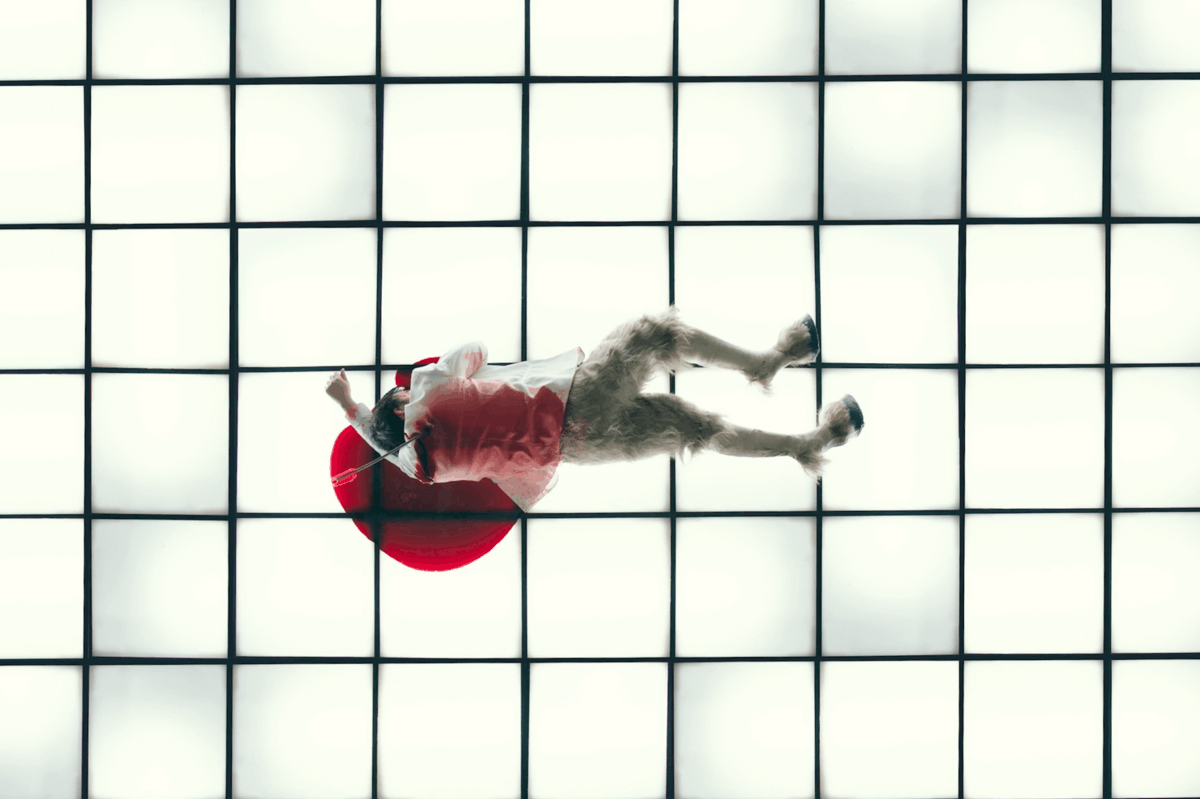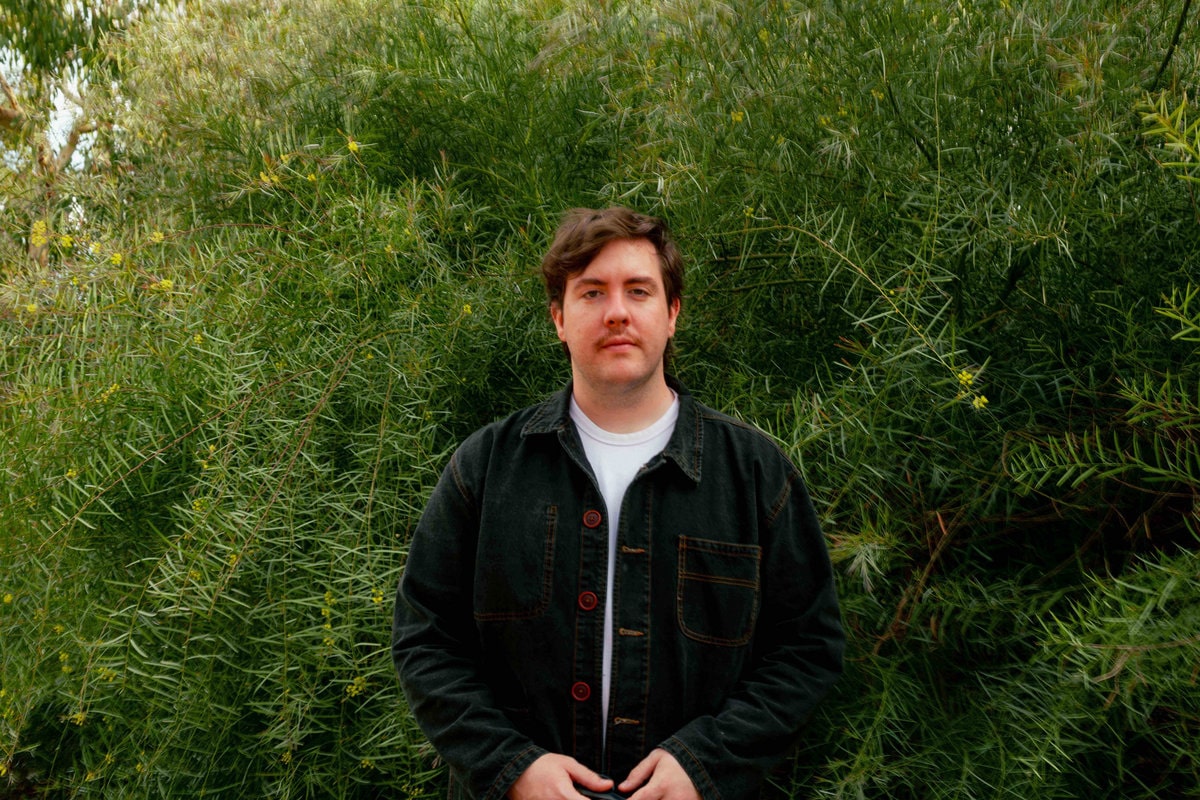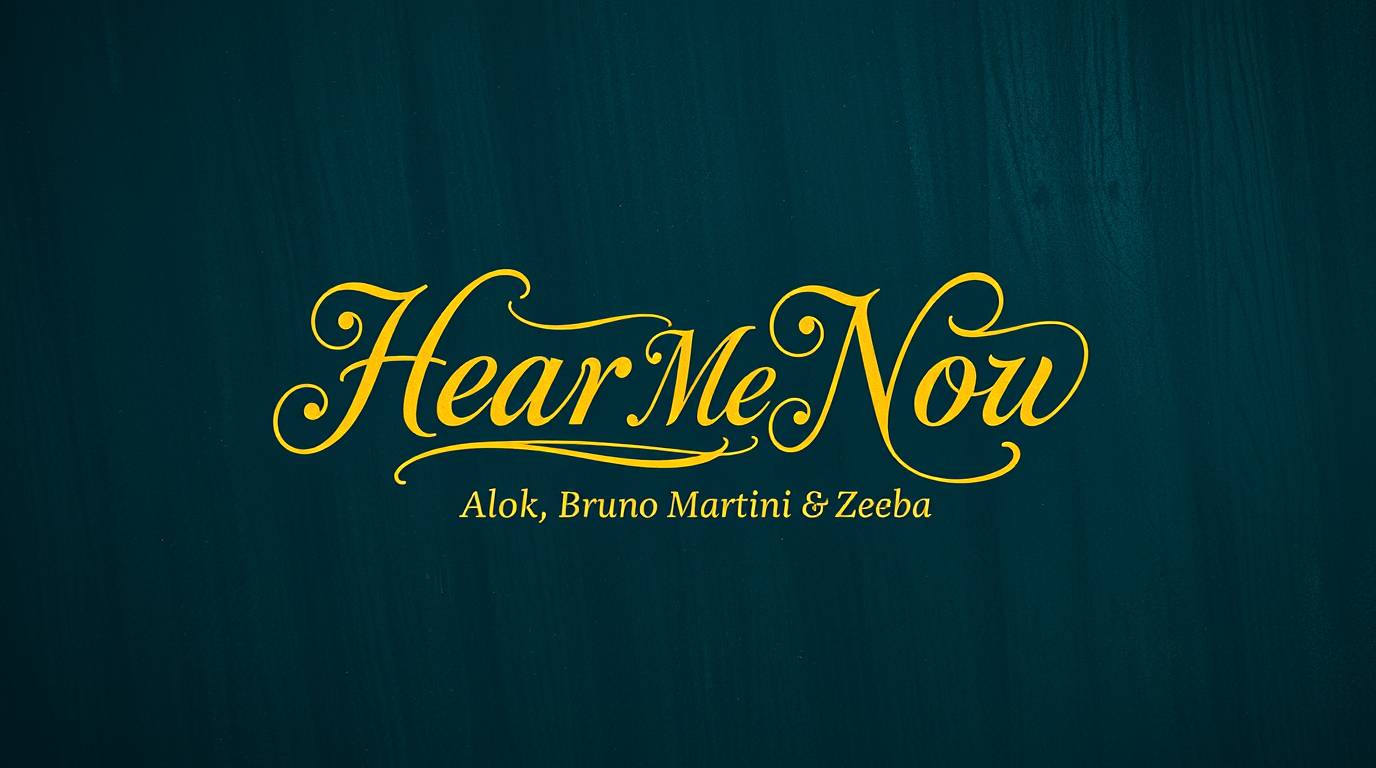Oftentimes, we hit play for the beat, letting the rhythm wash over us, but completely miss the silent wisdom woven into the lyrics. Let’s set aside the critical lens for a moment and instead embark on a philosophical essay into the text of DIMMI & Zeeba’s “Found U” to uncover the profound message the artists might be whispering to us.
This, you see, is not just a song about finding a partner; it’s a desperate, critical search for self amidst the chaos of modern life.
The City-Slayer and Salvation in Water: Escapism as Necessity
The text opens like an S.O.S. signal. The hero is clearly going through turbulent times, immediately alerting us that a life raft is desperately needed.
The first, repeated plea, sounding like a desperate prayer, is: “Take me back into the water.“ This is more than a desire for a swim. Note what forced this retreat: “This city made me lose my feet.” Can you imagine? The city—a symbol of hustle, obligations, and noise—has literally knocked the ground out from under him. This is a potent metaphor for a complete loss of grounding, total disorientation, and a spiritual wipeout.
And where is the escape? Only into the water, only into the sea. The element becomes synonymous with cleansing and peace. In the water, he begs: “And please just let me be.” This is a yearning for absolute solitude, a necessary retreat to recover from the aggression and anxiety of urban life.
To enter this state of purification, one must shed the acquired burdens: “I need to take my shoes off.” This is a deliberate step toward grounding, or in this case, dissolving into the cleansing element. The goal of this liquid therapy is utterly practical: “Clean my head, then I stop.” The hero strives to declutter his mind, to cease the cycle of self-destruction.
Self-Sabotage and The Reckoning: Battling Inner Chaos
But why is the head so “dirty,” and why is the need to “stop” so urgent? The lyrics deliver a raw confession that the hero is in a state of constant intoxication and confusion.
Here is where the hard truth hits: “If you don’t know / I’m feeling high / I’ve been drinking all the time.” This is not a fun party anthem. This is an admission that he has used alcohol or other means to numb the pain inflicted by the city. It is self-medication gone too far. He is perpetually “under the influence,” a state that only amplifies his loss of footing.
Yet, even in this self-inflicted chaos, the path to salvation finds a singular target. And that target is not just the water, but a specific person: “I just need to be with you.” This, in my opinion, is the most powerful moment: all the confusion, the search for water, and the longing for peace lead to one destination—You.
The Philosophical Core: Believing in “Something More”
It is in connection with this other person that the true spiritual pivot occurs. This is what we could call the hidden philosophical message.
The hero—who was drunk, disoriented, and lost his ground—is suddenly given a chance to believe. This is articulated in the key lines: “Maybe I start to believe / It’s something more than this.”
“This” is likely the former life: the chaos, the drinking, the city. And “something more” is a new awareness, a new perspective that emerged through the encounter. The hero steps away from cynicism or despair and begins to see a purpose that extends beyond his suffering.
And then comes the climax, the resolution that ties the entire narrative together:
“If you’ll see a new tomorrow / You know I should admit / I saw you / And when I found you there.”
The “Found U” becomes the precondition for the future. To see a new tomorrow, he must acknowledge that he saw and found this person. This is not just a romantic interest; it is the anchor that pulls him out of the sea of self-destruction. It is this finding that finally allows him to “stop” and start believing in “something more.”
The Message for the Listener
For me personally, the core message of these lyrics is this:
Life in the modern world (our “city”) can strip us of our foundation and drive us toward states where we seek refuge in destructive habits. We yearn for cleansing, symbolized by the water and the sea. But the true salvation, the opportunity to not only clear our heads but to believe in a profound meaning of existence (“something more than this”), comes through authentic human connection.
The artists seem to be telling us that sometimes, when we are on the verge of drowning, the encounter with “you” becomes the unexpected, yet absolutely necessary, turning point that allows us not just to survive, but to truly see a new tomorrow. This is a deeply human and philosophical idea:
our salvation and our faith are often hidden in another person.
P.S. If you were intrigued by the theme of the bittersweet irony of fame and self-destruction, we recommend diving into our philosophical analysis of the lyrics of “I Took A Pill In Ibiza” as well.






